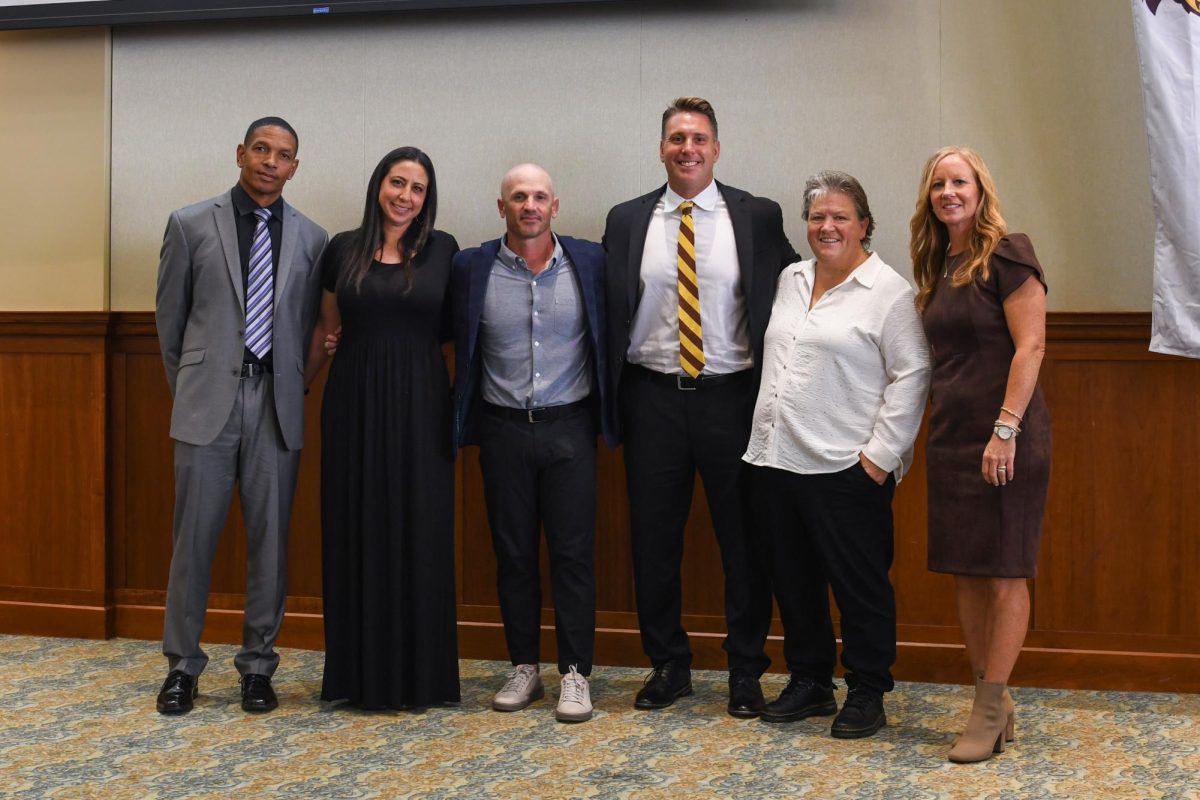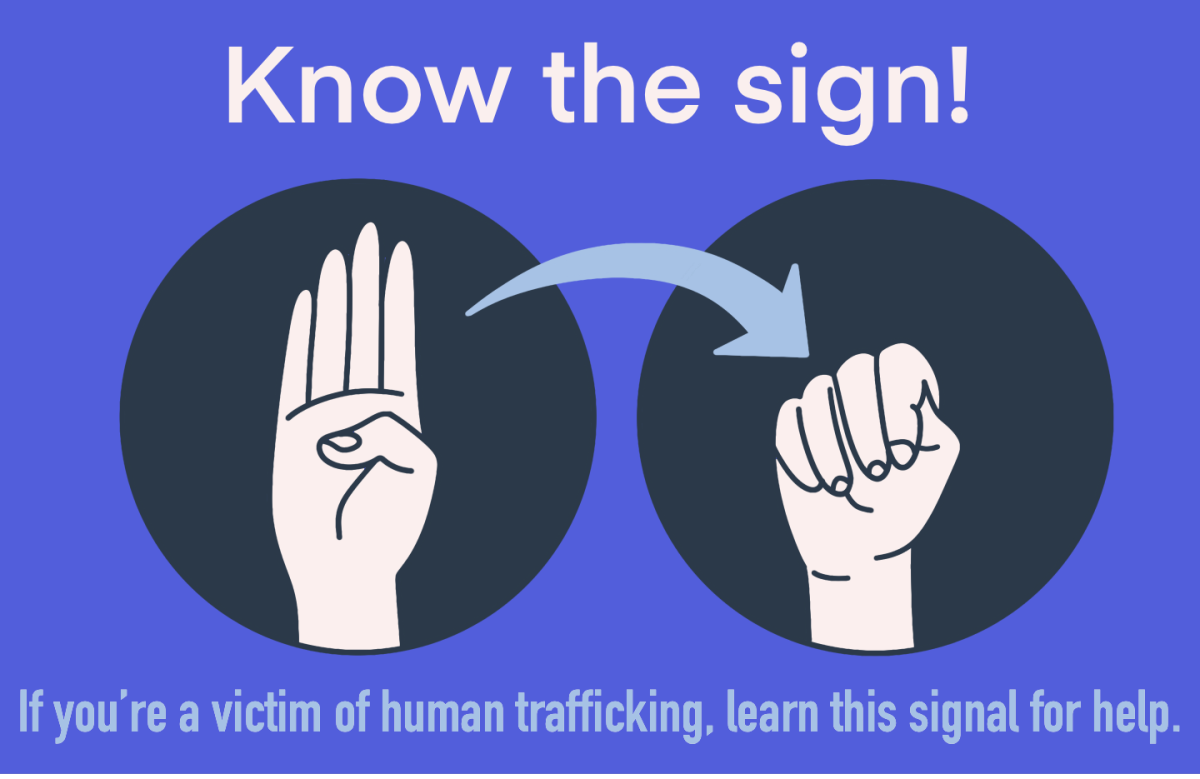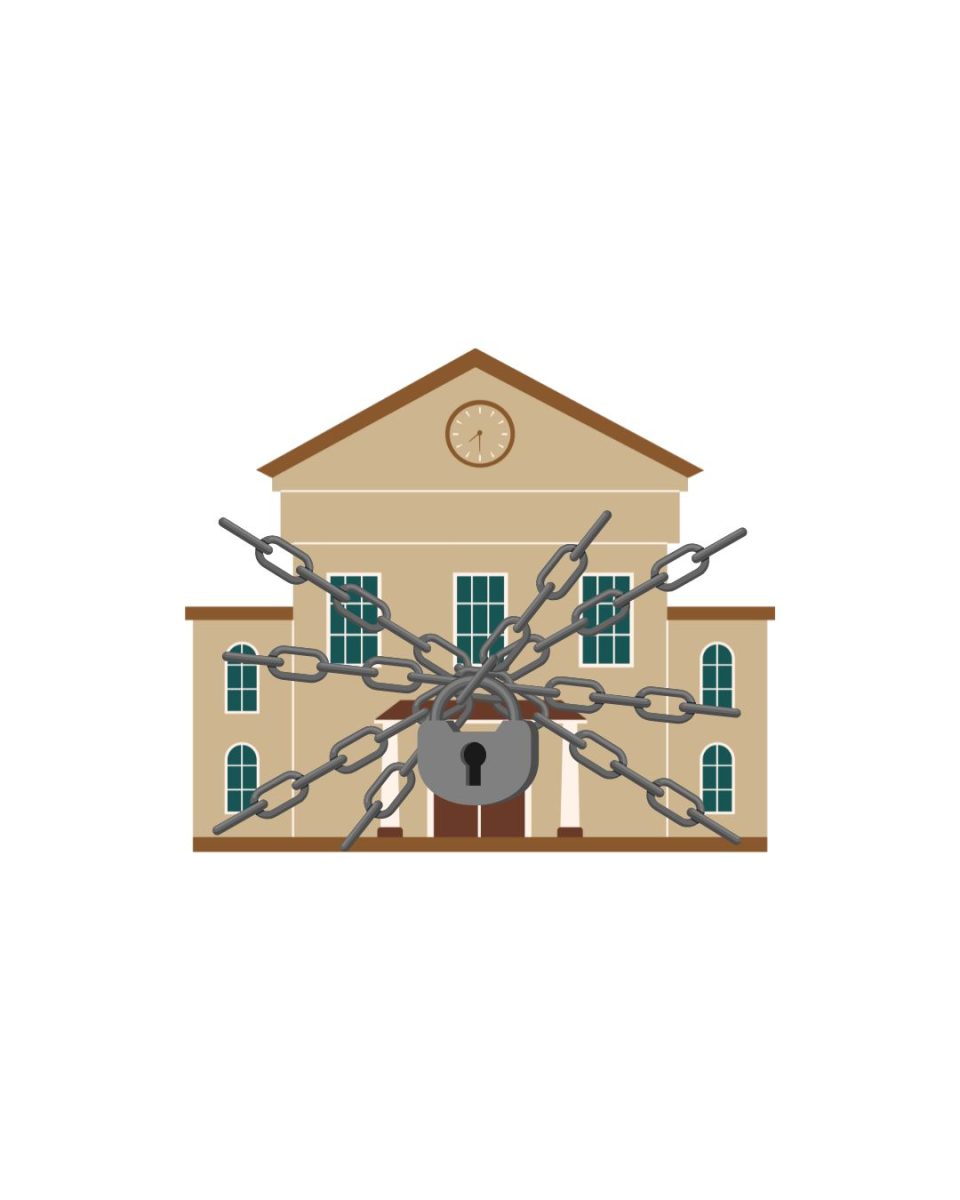As an aspiring investigative journalist, I gravitate towards exploring the issues that I find to perilously affect our community. While scrolling through Rowan’s Public Safety Crime Log Data, checking up on activities that have been pursued on our Glassboro campus, I stumbled upon some common offenses: domestic violence, sextortion, stalking, and harassment.
With over twenty domestic violence cases and two sextortion cases that have been reported since the start of the spring semester, the prevalence of this issue needs to be addressed by the Rowan community. Through implementing human trafficking and domestic violence seminars that focus on spreading awareness on this topic, Rowan University can aid in the lives of unaware victims.
Throughout our campus, students need to understand that human trafficking can easily impact anyone and victims can be unknowingly trafficked. Those who are in a relationship can be trafficked by their partner and sending explicit images to receive a payment is human trafficking. In the United States, approximately 40% of sex trafficking victims are recruited online.
Traffickers actively seek out individuals through social media on multitudes of apps from direct messages on Instagram to Snapchat. These corrupt merchandisers that present themselves usually as bots may ask to pay for the explicit pictures of those they prey on. Online perpetrators may even ask to meet in person for a photoshoot. From personal experience, I have received these unhinged messages and many people around me have been subject to spammed messages from sly traffickers.
On Jan. 27 of this year, the crime of sextortion was reported on our Glassboro Campus on Holly Pointe Commons grounds. Sextortion is a branch of human trafficking that involves adult coercion of children and extorting victims into sending explicit images online. While this case has since been closed with no further action, I believe this can’t be the first time a similar incident has occurred on campus, and it wasn’t the last.
The second incident of sextortion this semester was investigated on Feb. 13, in Whitney Center student housing. The direct link between cases of sextortion and domestic violence on our campus showcases how relationship abuse can happen in all forms. With over seven domestic violence cases recorded on the Rowan Crime Log from the beginning of the spring semester, many of these instances also occurred on campus in student housing such as at 220 Rowan Boulevard.
The largest number of student reports have been harassment and stalking cases. Demonstrating a desperate plea for assistance, these charts in the Public Safety logs incidents topped this school year. Over twenty incidents on the nature of harassment were reported in March. Eight community members reported being stalked, with a non-student later having a restraining order filed on them detailed in the February log.
Rowan University provides resources for victims of trafficking-related activities, showcased in the published document, Notice Regarding U.S. Government’s Policy Against Human Trafficking and Forced Labor.
The school has stated, “Rowan University opposes human trafficking, sex trafficking, forced labor, and all trafficking-related activities. These activities are inherently harmful and contrary to the University’s core values, and may violate applicable foreign, U.S., state, and/or local laws.”
While acknowledging in the document the government’s policy and offering some resources including steps to report policy violations and regulations resources, our university needs to provide additional support. In 2019, Rowan’s College of Humanities and Social Sciences hosted an open discussion to spread human trafficking awareness, while Rowan Medicine sponsored a screening of a documentary with the New Jersey Coalition Against Human Trafficking in 2020.
Within the past few years, the university has fallen short of organizing gatherings to educate students on the impact of trafficking. These marginalized populations’ voices continue to be silenced and through the addition of periodic human trafficking seminars at Rowan, those who come to these events can be directed to organizations that help victims of human trafficking. We must advocate for conventions focused on outreach to be created to help spread awareness for and prevent trafficking in our community.
Rowan University’s Office of Student Equity & Compliance supplies an electronic Student Sexual Misconduct/Title IX Reporting Form for victims who have experienced domestic violence as well as sexual assault, and harassment. The Wellness Center also hosts annually the Take Back The Night to support victims of sexual violence and abuse. However, there is room for growth with these events vitally needing to happen more than just once a year.
Student activists have pursued getting involved in college campus safety including Rowan MBA student Siena Rampulla. Recently, she officially launched the app PULLATracker, which provides women with direct emergency service tools. Her safety initiative has sparked inspiration and exemplifies the need for our university to expand student safety resources. We need to unite and raise our voices to address the pressing concerns on our campus. Together we can come to advocate for Rowan to provide more open discussions about human trafficking, harassment, and domestic violence. Through raising awareness and supporting initiatives such as hosting open seminars that educate on combating these problems, we can join forces to disrupt this pattern and foster meaningful change to prevent further crime in our community.
For comments/questions about this story DM us on Instagram @thewhitatrowan or email [email protected]



































































































































































































